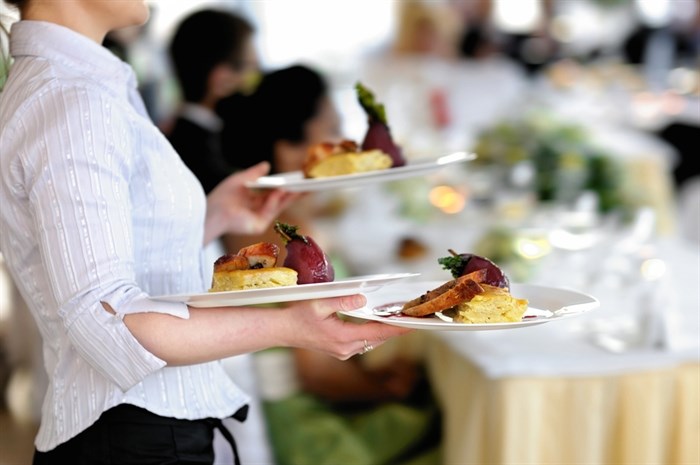Some Okanagan restaurants having tough time repaying CEBA loans

With CEBA repayments due, Okanagan businesses could be worse off than other areas of British Columbia.
According to Restaurants Canada, the country saw the highest number of monthly bankruptcies in more than a decade.
Across the country, restaurant bankruptcies have increased by 112% since January 2023.
“About 15 restaurants went bankrupt in British Columbia in January, just in one month,” Ian Tostenson, CEO of the BC Restaurant and Foodservices Association, told iNFOnews.ca.
READ MORE: More than half the Okanagan's restaurants can't make ends meet
Canada Emergency Business Account loans, or CEBA, were given out to businesses during the pandemic.
Restaurants could apply for a $60,000 loan and, if repayments were made in time, they would only have to pay back $40,000 and be forgiven the rest.
That forgiveness period ended on Jan. 18 and now businesses have until the end of 2026 to pay back their loans in full.
Multiple elements contribute to businesses closing their doors and the restaurant industry is contentious at the best of times.
However, record-breaking wildfires, followed by a relatively snowless winter, may have put the Okanagan in the worst standing to pay their loans.
READ MORE: No shortage of places to enjoy tacos and burritos in Kamloops
“I think it's slightly worse in the Okanagan,” Tostenson said. “We use the Okanagan… as an example to the government when they were demanding that these businesses pay back the CEBA loans.”
With a lack of tourism in the summer and winter months, many Okanagan businesses were unable to build up their cash reserves, or keep on top of loan repayments.
“I think that the Okanagan would have been marginally, I wouldn't say substantially, but I think marginally worse off than the rest of the province,” Tostenson said.
Tostenson knows of multiple restaurants that had to close their doors.
“They basically said it just wasn't worth it, we weren't making enough money,” he said.
READ MORE: Kelowna's only traditional English restaurant closes its doors
However, the tables are beginning to turn.
With spring and warmer weather around the corner, business has started to pick up again. Inflation is also starting to decline.
“It looks like interest rates are going to drop probably in the spring,” Tostenson said. “And the economy, as measured at least by the stock market, is really strong.”
Consumers haven’t stopped eating out at their favourite spots either.
“(Consumers) still want to go out. That's really important. I think we were all afraid that we were going to lockdown again.”
For Tostenson, the federal government failed to provide the clarity the unlucky businesses needed to stay afloat.
“The federal government didn't lay out the options. We sort of found out after the fact,” he said.
“We saw a lot of banks that were unwilling to extend any more credit to the industry in a lot of cases, because they were already overextended because of all the problems during the pandemic and the last two or three years.”
To contact a reporter for this story, email Georgina Whitehouse or call 250-864-7494 or email the editor. You can also submit photos, videos or news tips to the newsroom and be entered to win a monthly prize draw.
We welcome your comments and opinions on our stories but play nice. We won't censor or delete comments unless they contain off-topic statements or links, unnecessary vulgarity, false facts, spam or obviously fake profiles. If you have any concerns about what you see in comments, email the editor in the link above. SUBSCRIBE to our awesome newsletter here.


